Keywords: Global Conflict
-

INTERNATIONAL
- Daniel Sleiman
- 04 February 2021
8 Comments
Despite talk against ‘vaccine nationalism’ the pharmaceutical companies are ultimately beholden to investors and shareholders. Their effectiveness percentages are pitches. They will sell to those who can afford to buy. And naturally that’s wealthy countries.
READ MORE 
-
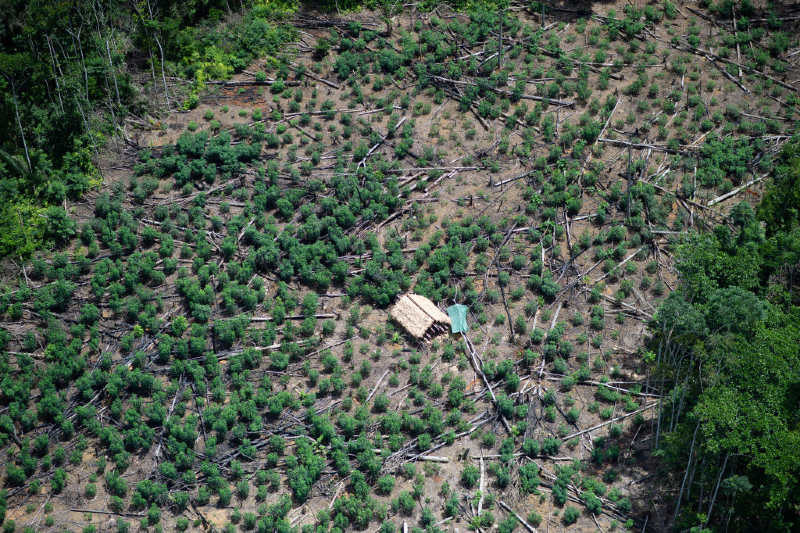
ENVIRONMENT
- Bree Alexander
- 06 August 2020
1 Comment
While the world is largely focused on COVID-19, a recent report from Global Witness revealed that murders of land and environmental defenders, defined as people who take a stand for land and environment in a peaceful manner, reached a high in 2019.
READ MORE 
-
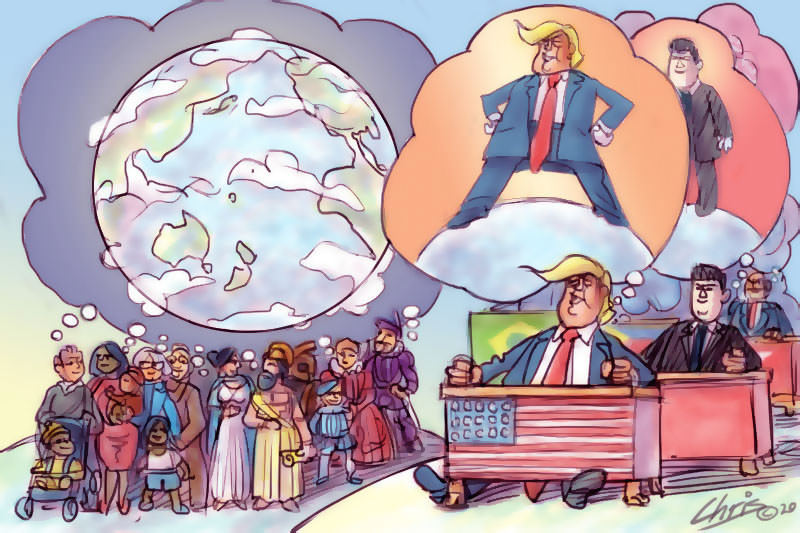
INTERNATIONAL
- Gillian Bouras
- 18 May 2020
13 Comments
Nothing in the world is single, as Shelley said, and we have proof of this in the general reaction to COVID-19. That spirit, however, seems to have its limitations. For some politicians are set on dividing people, rather than on uniting them.
READ MORE 
-

AUSTRALIA
- Andrew Hamilton
- 25 March 2020
33 Comments
To think of life after COVID-19 is daunting. The changes that it has brought to our daily lives have been vertiginous. Our awareness of its potential harm is still limited. We are only beginning to catch sight of the grim beast that slouches towards us threatening death and devastation in coming months.
READ MORE 
-
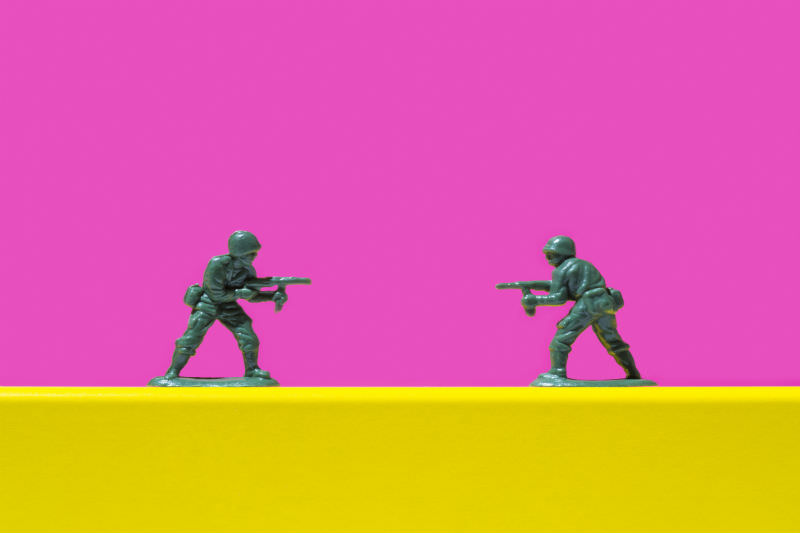
ARTS AND CULTURE
- Andrew Hamilton
- 26 February 2020
22 Comments
One of the most popular, and largely counterproductive, metaphors in public conversation is the military one. It suggests that the project commended is a war in which there is an enemy, a campaign to be begun, forces to be mobilised, a public whose support is to be won, and weapons to be used. They commit us to do whatever it takes to win the war.
READ MORE 
-
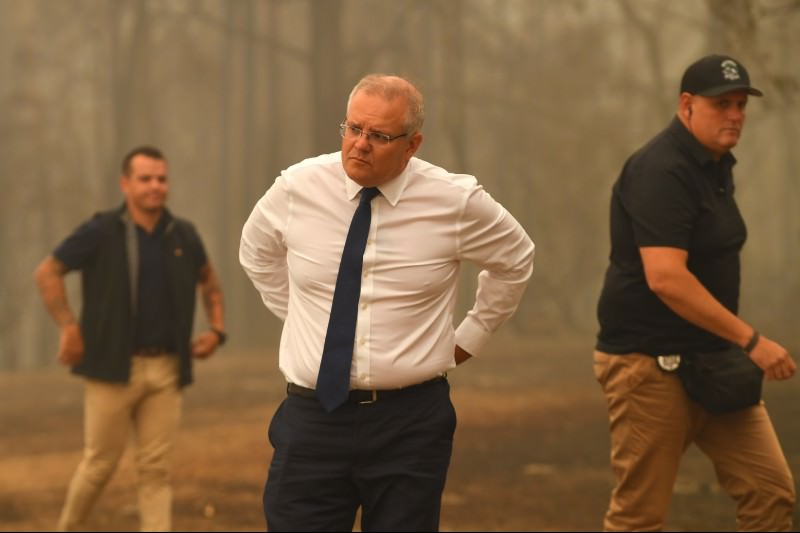
ENVIRONMENT
- Tim Hutton
- 07 January 2020
43 Comments
Here is why the Morrison government was so slow off the mark: to acknowledge the unprecedented nature of these fires is to concede that there is something happening to the climate. The only way to downplay the reality of climate change, was to downplay the severity of the fires themselves.
READ MORE 
-
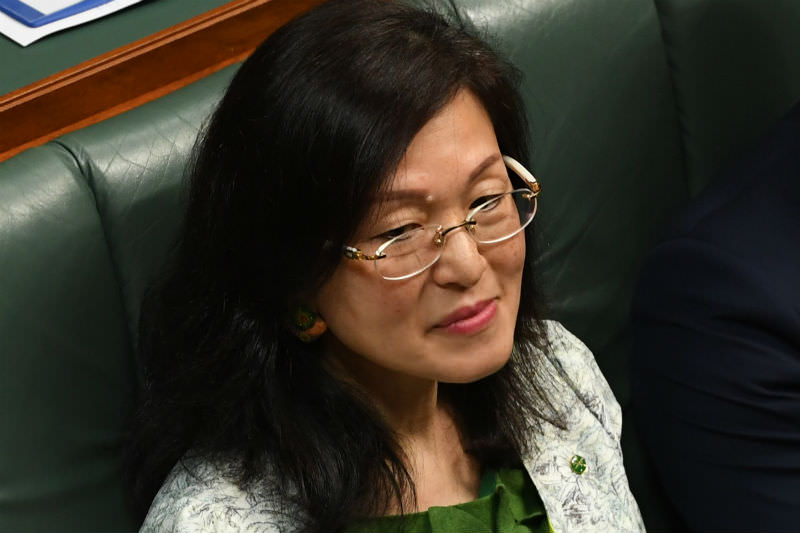
INTERNATIONAL
- Tim Robertson
- 16 October 2019
8 Comments
Chinese interference in Australian politics is an issue of genuine concern. But why is the hysteria exclusive to China? Like the outrage surrounding the awarding of the 2012 Nobel Prize for Literature to Mo Yan, accused of working within the bounds of China's censorship program, why don't we hold our own government to the same level of scrutiny?
READ MORE 
-
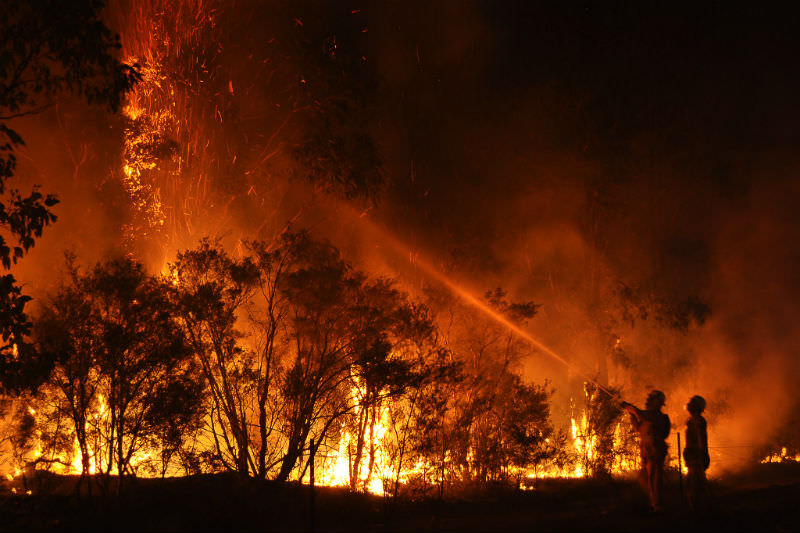
MEDIA
- Greg Foyster
- 18 September 2019
3 Comments
The visual language of climate change has become predictable and stunted. In the 1980s activists used an image of a polar bear adrift on a floe of ice to tell the story of global warming and rising sea levels. It's become visual shorthand for the topic — useful for quick categorisation, but stale and easily dismissed.
READ MORE 
-
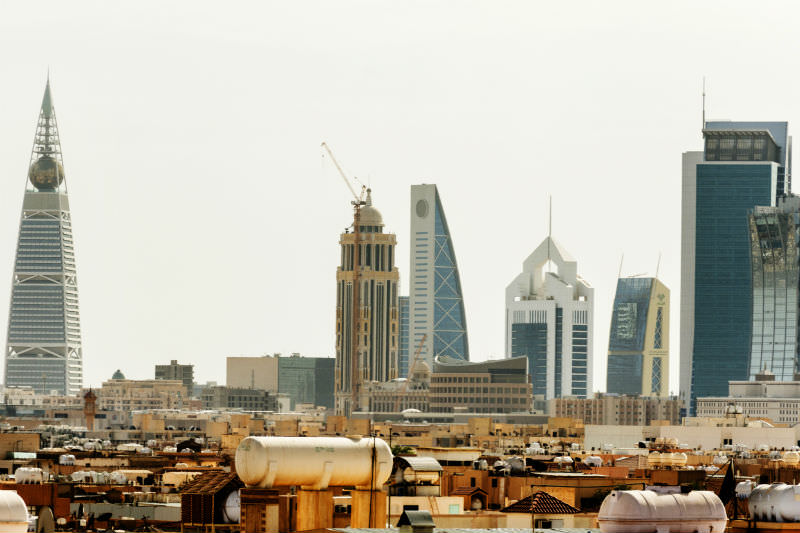
INTERNATIONAL
- Binoy Kampmark
- 16 September 2019
9 Comments
All of this has the hallmarks of danger. Previous US administrations have been cavalier with using stretched evidence, to justify military action. The region still labours with the fantasies that drove the US-led invasion of Iraq in 2003. The dangers of misreading also extend to the cognitive failings of US foreign policy in the Middle East.
READ MORE 
-
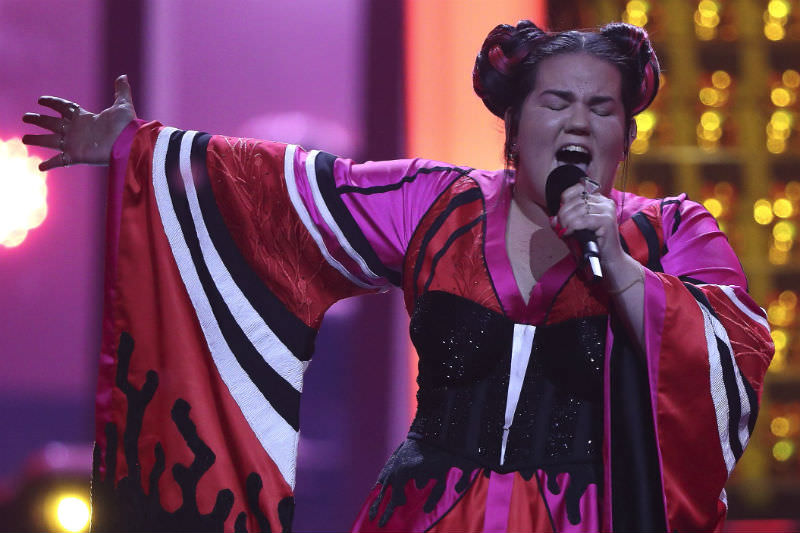
INTERNATIONAL
One trick used by those opposing the boycott of Eurovision is to describe Israeli colonialism as a 'conflict'. Instead of emphasising the importance of decolonisation, 'compromise' is celebrated. But compromise between the coloniser and the colonised is a dangerous political game.
READ MORE 
-
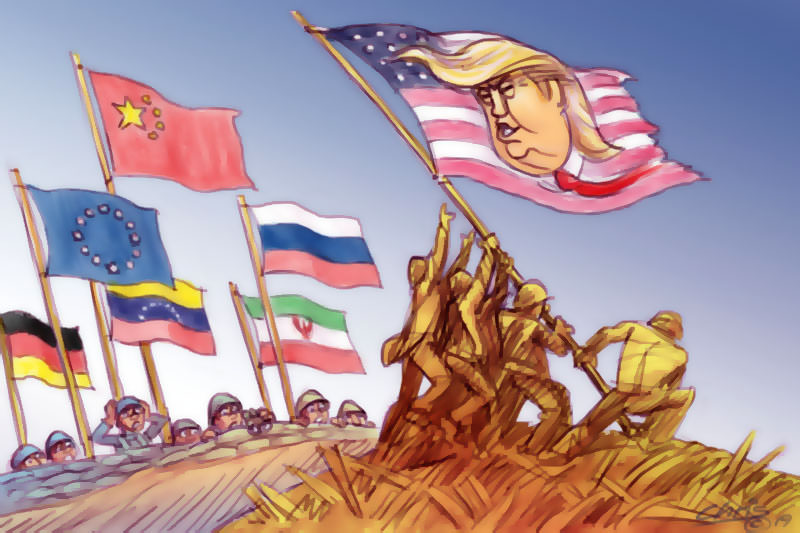
INTERNATIONAL
- David James
- 09 March 2019
7 Comments
It has been postulated that there are three types of war: kinetic, informational and economic. America has been losing its kinetic conflicts in the Middle East and recently has escalated its informational war. The favoured weapon with economic warfare is sanctions, and Trump has started to use them to an extreme degree.
READ MORE 
-
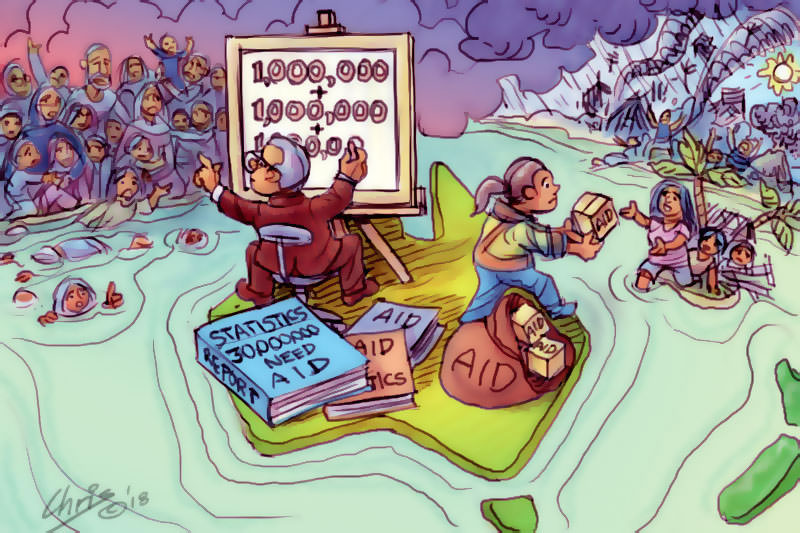
INTERNATIONAL
- Denis Dragovic
- 29 June 2018
3 Comments
A few years ago, I travelled back to the war zones where I had worked providing humanitarian assistance to see what happened to the people and projects. I realised then that some things need to change. One of them is that we need to give communities who have borne the brunt of wars more time to recover.
READ MORE 